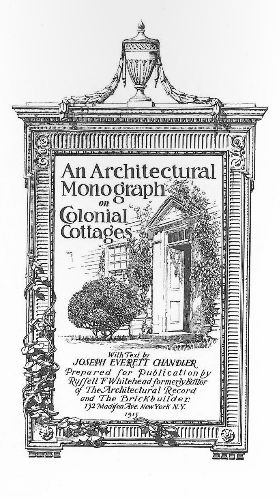Fences generally seem like an afterthought, especially to the architects charged with designing them. Even in Europe, which has always been held up by Americans as the standard against which our own structures should be measured, fences are simply not that interesting. But there’s one notable exception, according to Volume VIII, Issue VII of the historic White Pine Series of Architectural Monographs, written in 1922. The fences and fence posts of colonial times were designed for privacy and looks while still maintaining good relations with the neighbors.
The author of this monograph isn’t a fan of fences in general, noting that they can make a property seem smaller, appear unfriendly, block views and obscure the architecture of the buildings they encircle. But those from the colonial era, which can be seen all over New England and particularly in Salem, Massachusetts, appropriately reflect the architecture of the time while also hitting just the right balance.
While in Europe, many of the fences are actually solid masonry walls, early American fences are lighter, airier, with pillars that often complement the adjacent structure standing between the lengths of wrought iron or wooden bars. Of the fence at the Loring-Emmerton House in Salem, the author writes, “The whole design is of absorbing interest i showing how every part has been treated to conform to the designer’s feeling for lightness and grace. Perhaps his thought was to obstruct the view of the landscape as little as possible.”
Read the whole issue at the White Pine Monograph Library.






